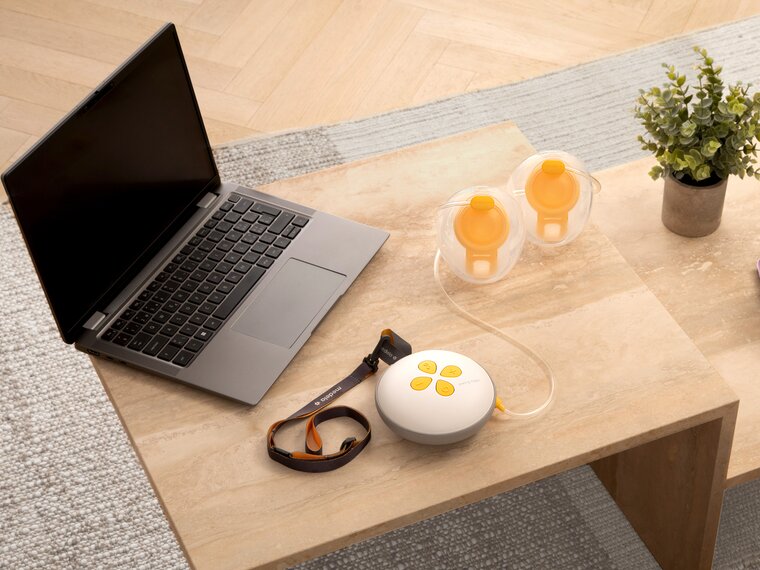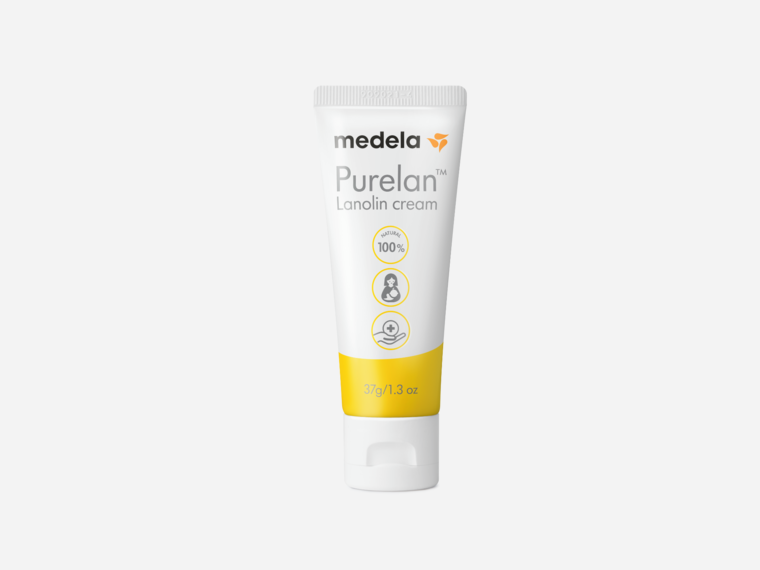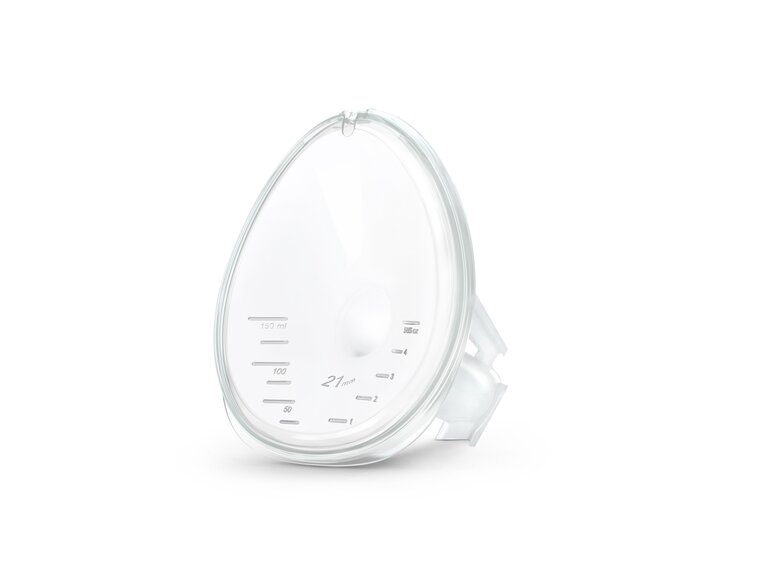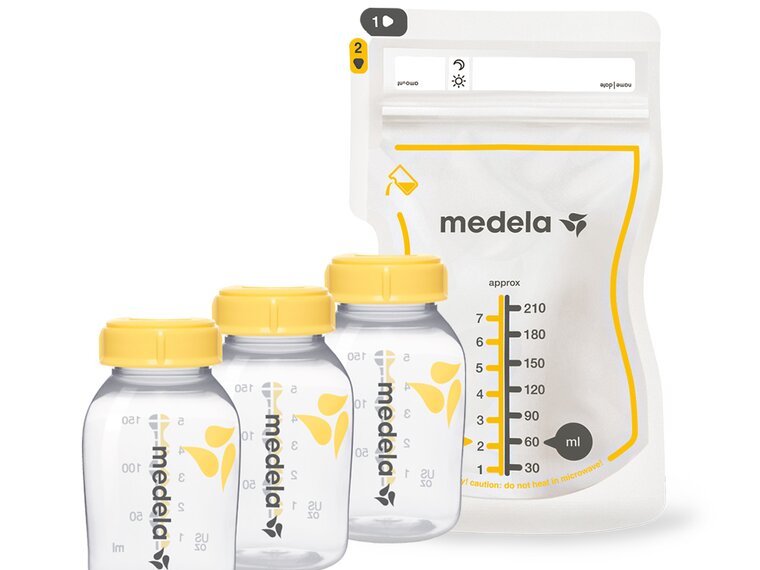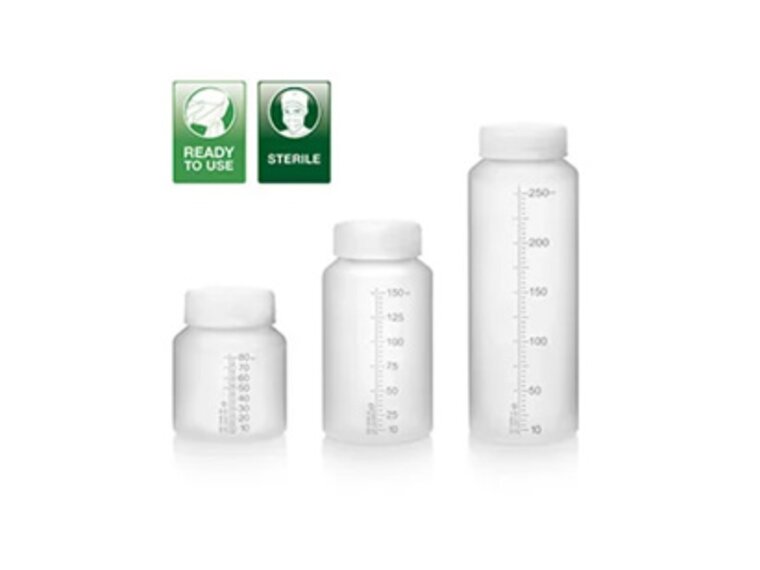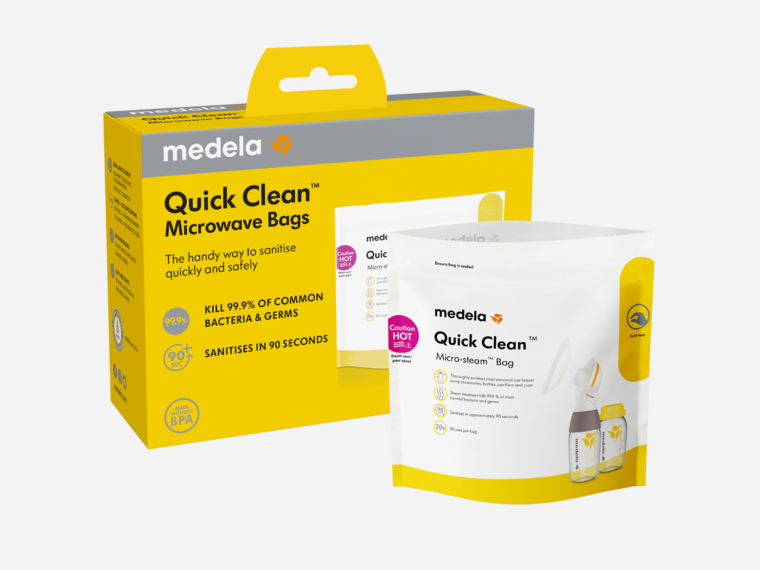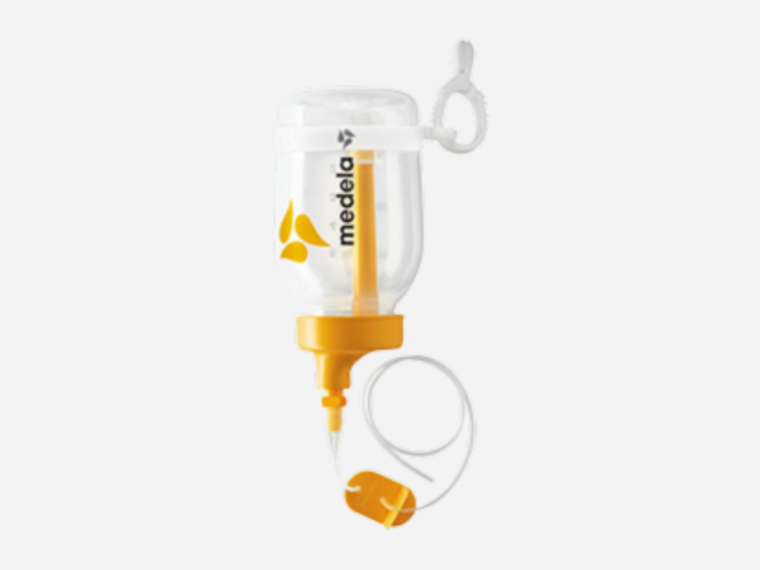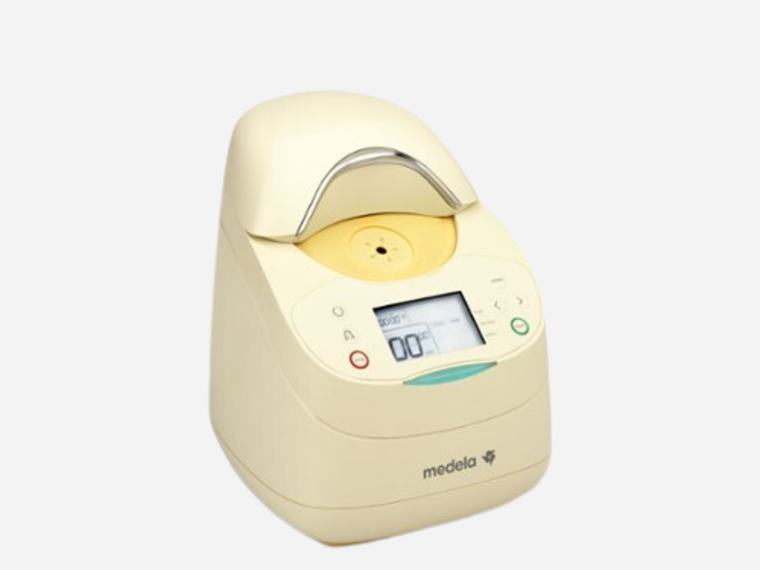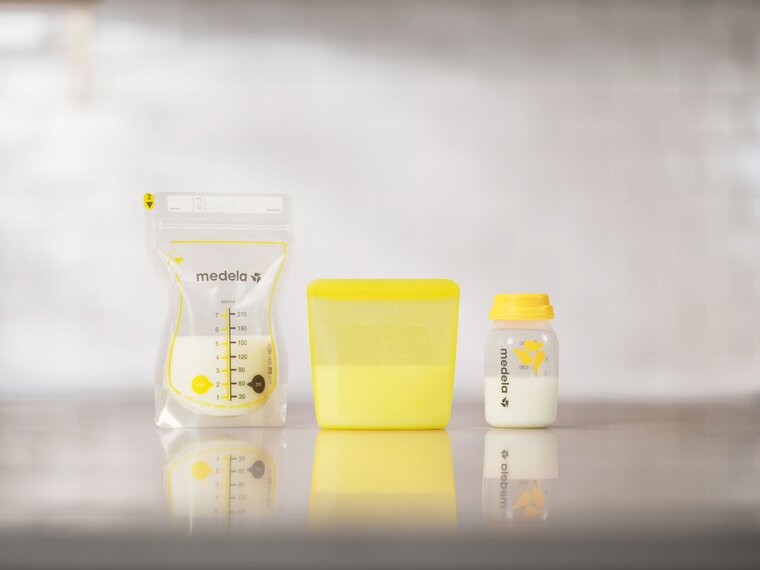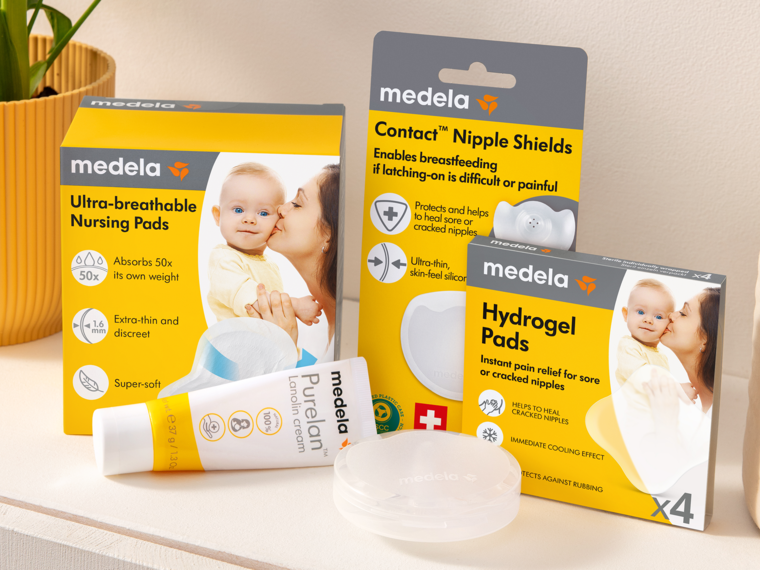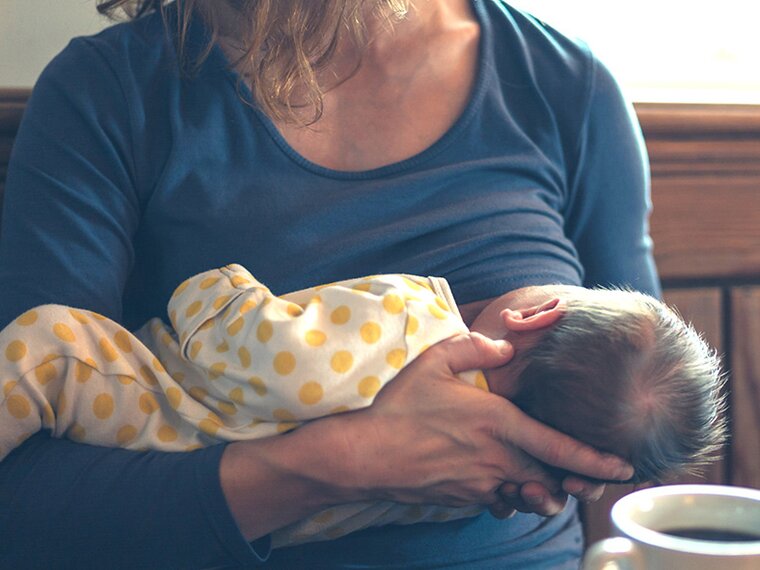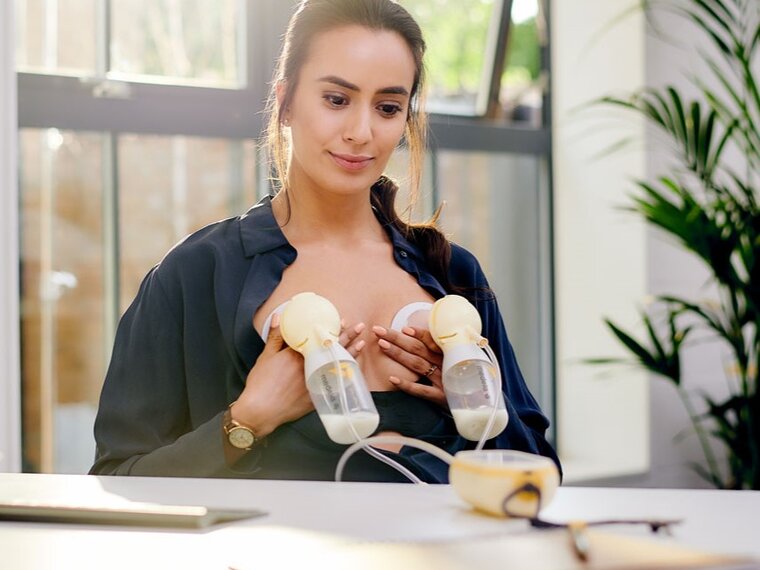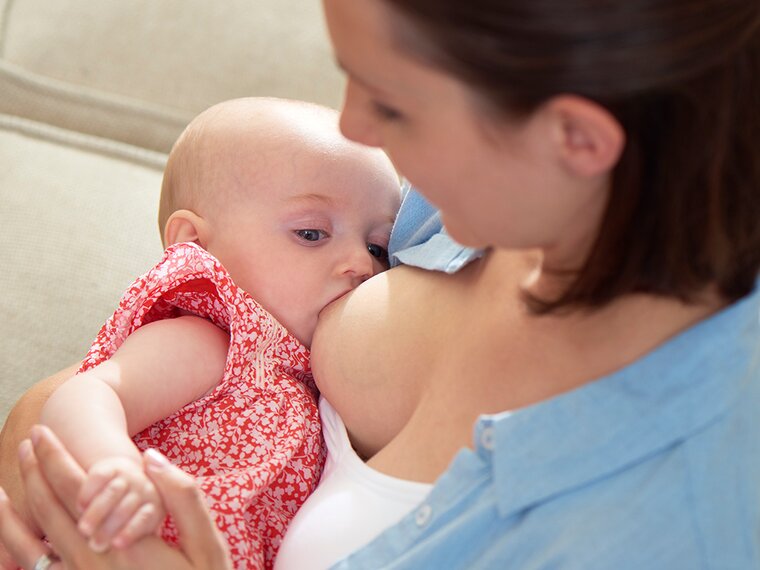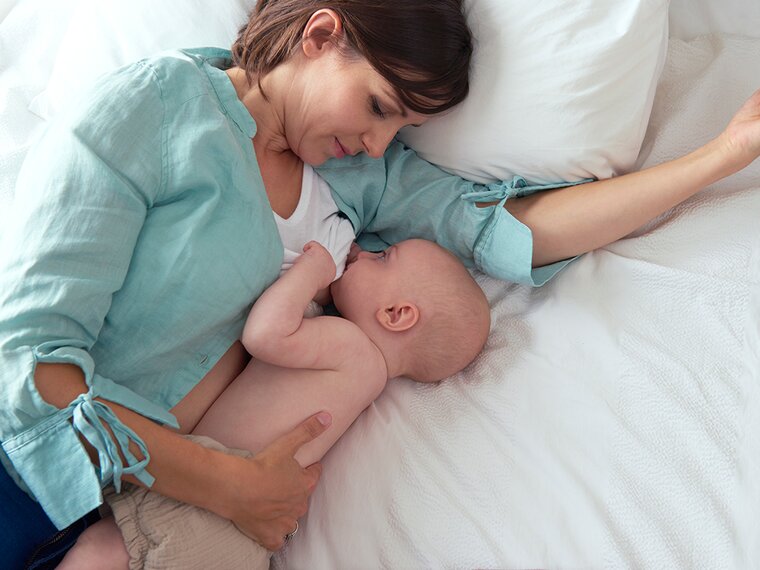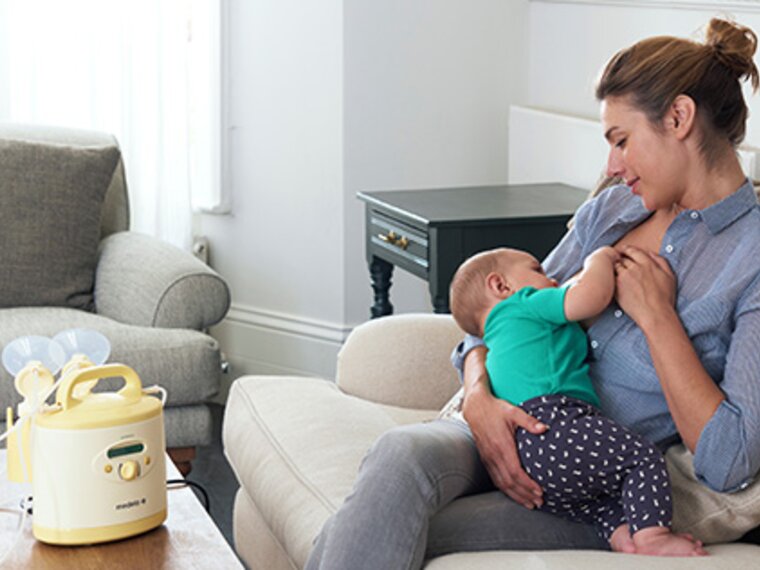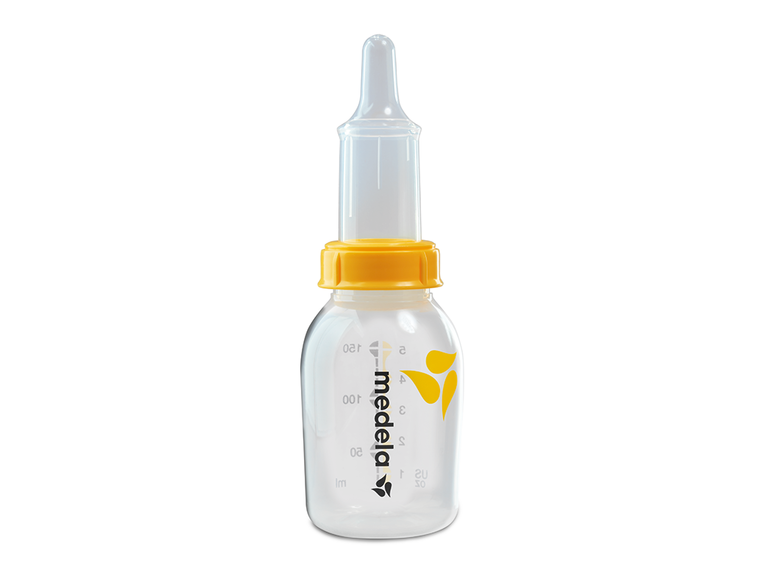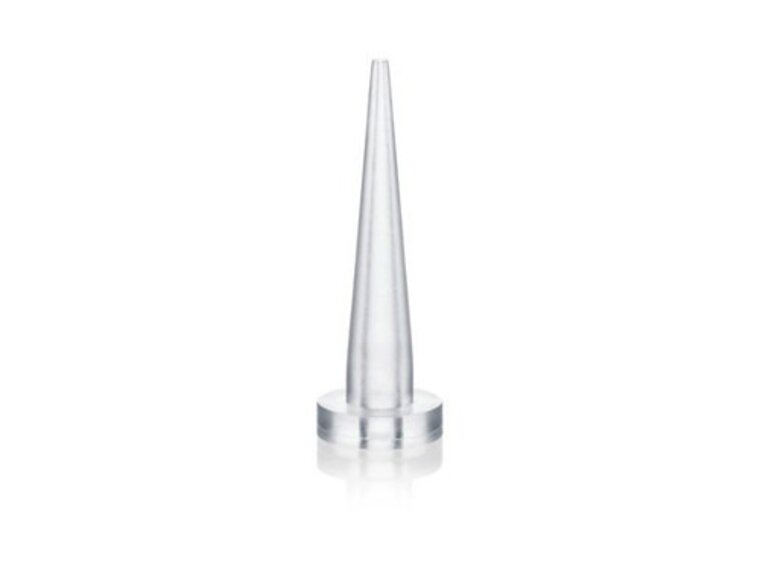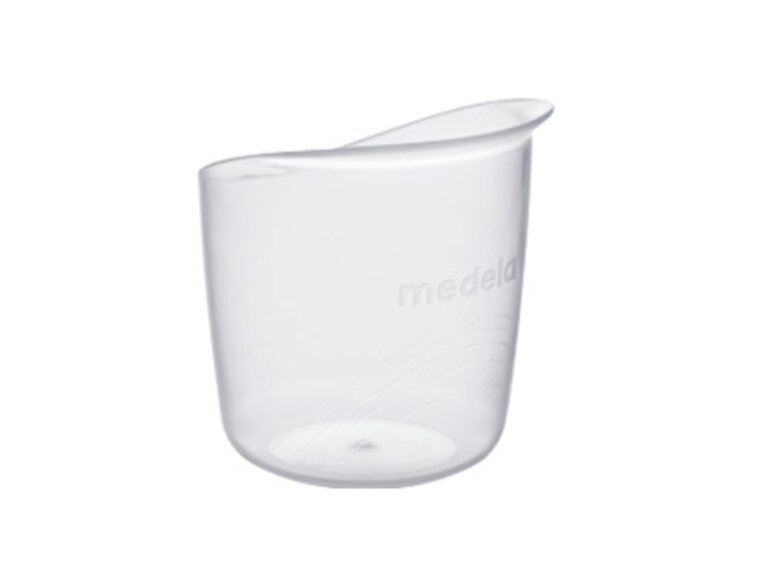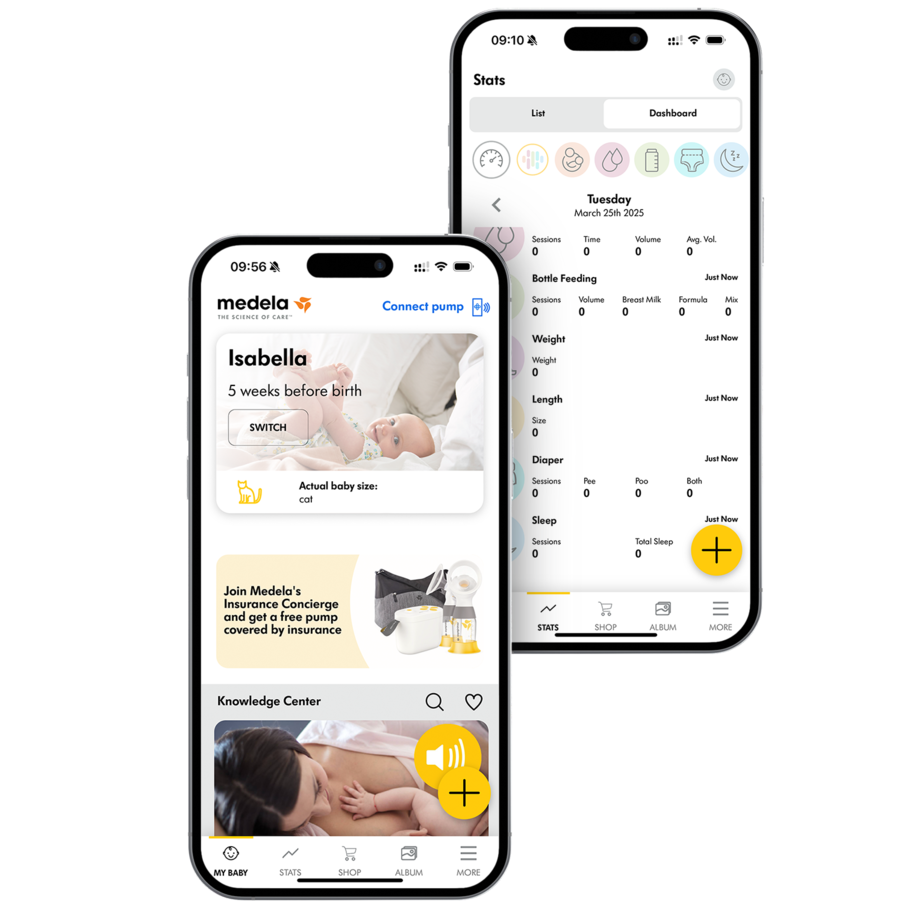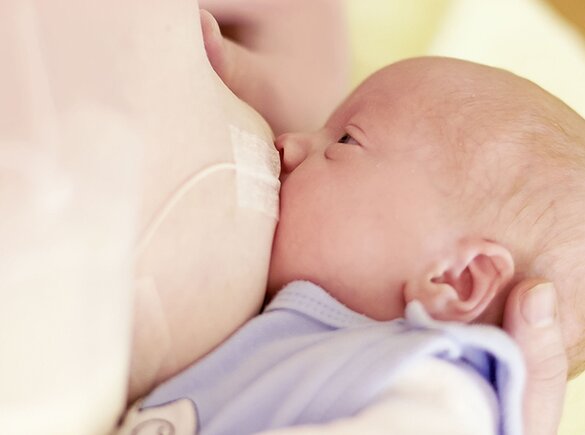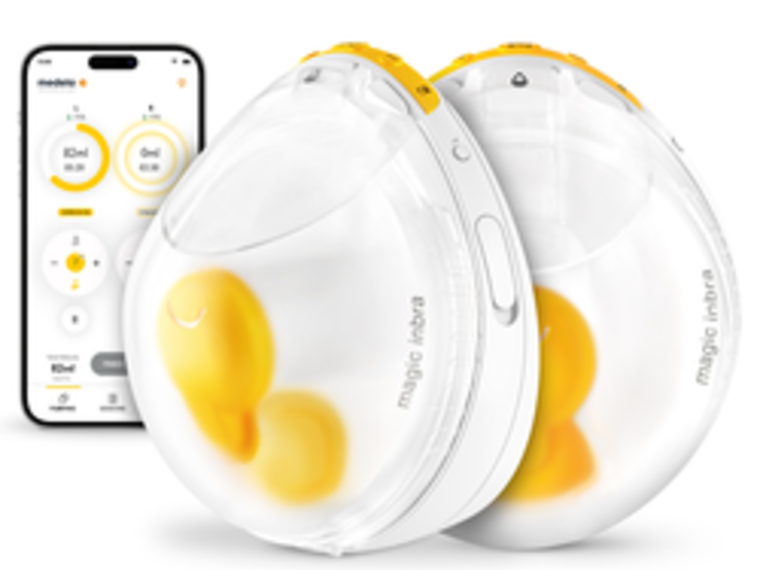
InBra™ electric
Hands-free breast pumps with in-bra collection cups and a rechargeable battery for easy multi-tasking. Available in single or double cups.
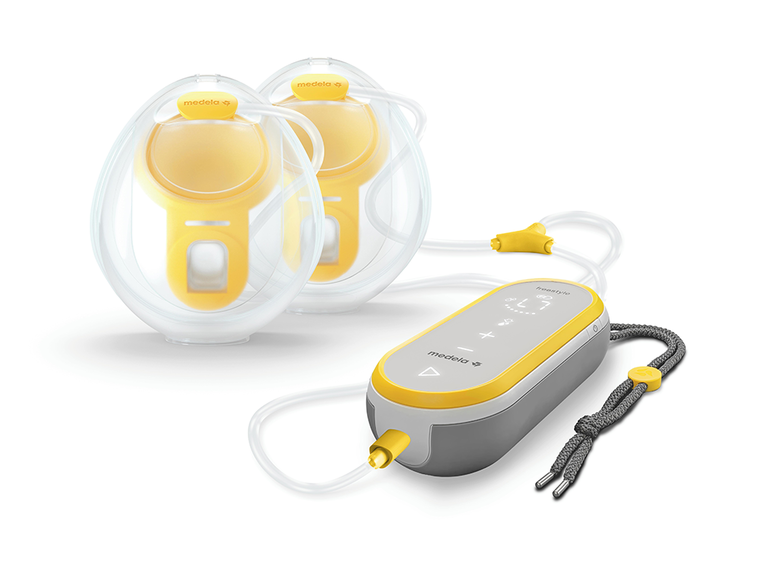
Hands-free Electric
Hands-free breast pumps with in-bra collection cups and a rechargeable battery for easy multi-tasking. Available in single or double cups.
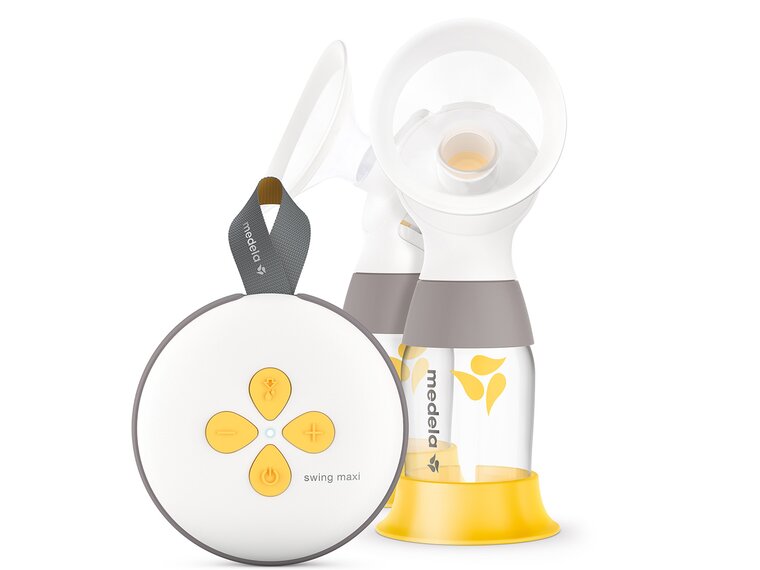
Classic Electric
Classic electric breast pumps with 2-Phase Expression mimic natural sucking, helping mums express more milk in less time. Explore now!
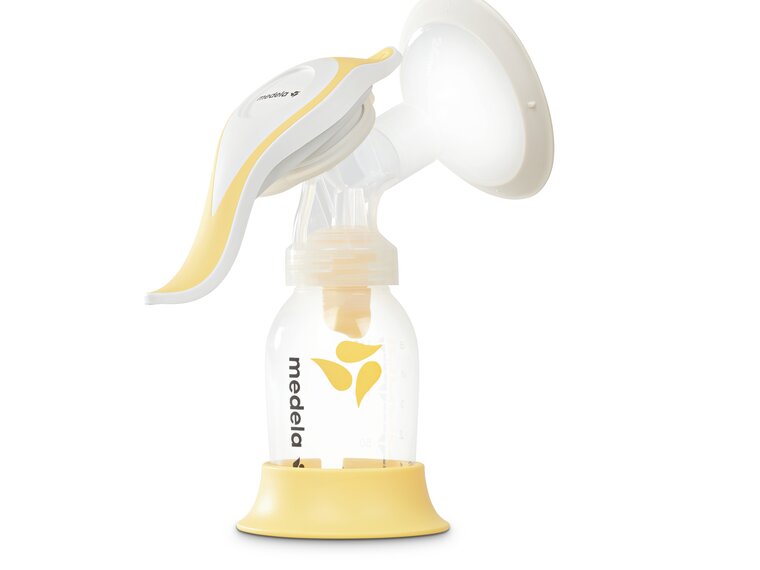
Manual
Manual breast pumps are ideal for mums who express occasionally and need a lightweight, portable solution for travel. Discover now!
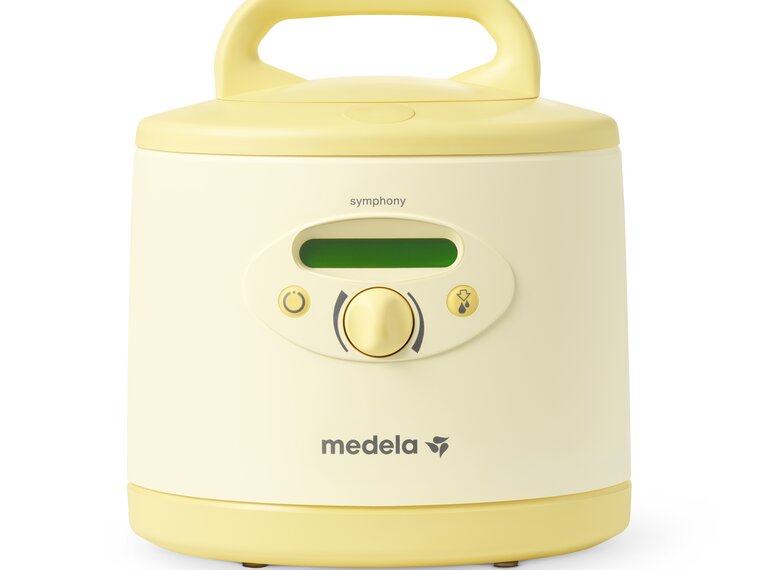
Symphony - No 1 Hospital Pump
Medela Symphony® is a reliable, multi-user breast pump for hospitals and home rental, ideal for long-term and frequent pumping.
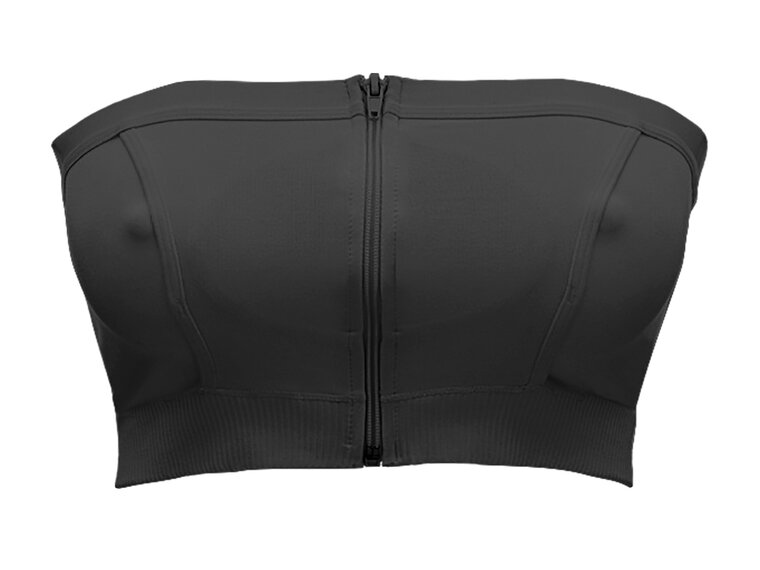
Pumping garments
Explore Medela's Pumping Bras and Bustiers for effortless breastfeeding and pumping. Experience comfort and convenience. Learn more!
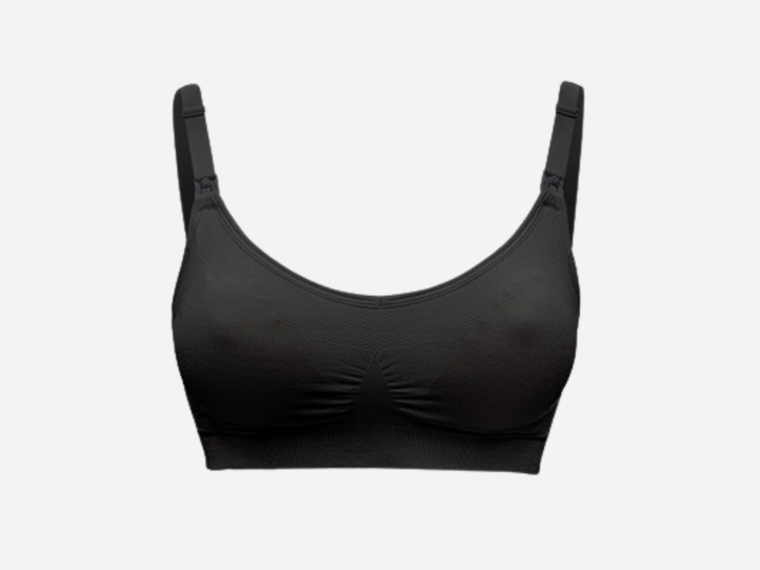
Maternity & nursing bras
Explore Medela's maternity bras and bralettes for nursing, designed for comfort and easy breastfeeding. Perfect for new and expectant mothers. Learn more!
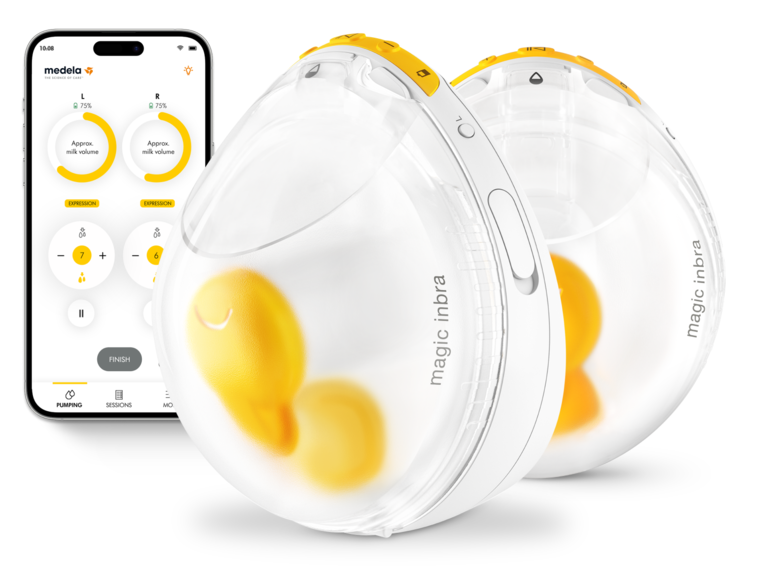
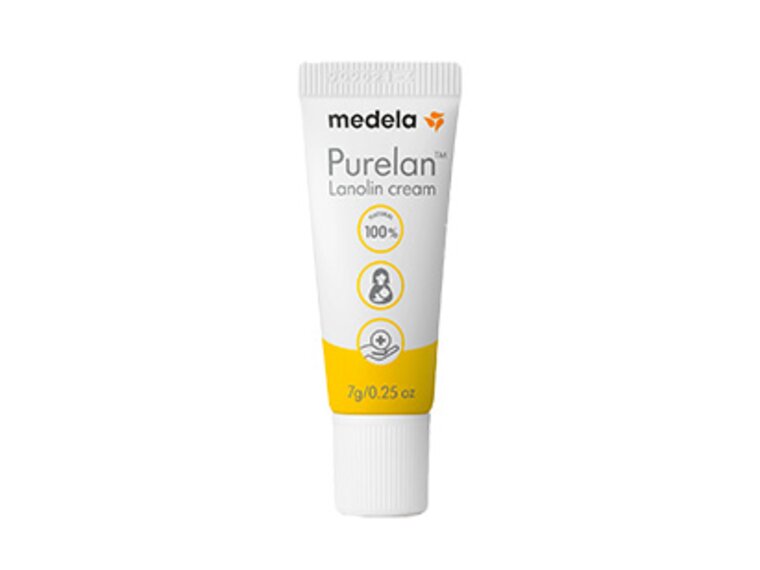

Contact us
Need to contact Medela? Access our contact form and support options here. Explore now to get the assistance you need quickly.

Symphony Hub
Discover Symphony Hub, your online resource for easy, step-by-step pumping instructions. Save time and get the support you need with Symphony.

Rent a pump

Contact us
Need to contact Medela? Access our contact form and support options here. Explore now to get the assistance you need quickly.

Symphony Hub
Discover Symphony Hub, your online resource for easy, step-by-step pumping instructions. Save time and get the support you need with Symphony.

Rent a pump

InBra™ electric
Hands-free breast pumps with in-bra collection cups and a rechargeable battery for easy multi-tasking. Available in single or double cups.

Hands-free Electric
Hands-free breast pumps with in-bra collection cups and a rechargeable battery for easy multi-tasking. Available in single or double cups.

Classic Electric
Classic electric breast pumps with 2-Phase Expression mimic natural sucking, helping mums express more milk in less time. Explore now!

Manual
Manual breast pumps are ideal for mums who express occasionally and need a lightweight, portable solution for travel. Discover now!

Symphony - No 1 Hospital Pump
Medela Symphony® is a reliable, multi-user breast pump for hospitals and home rental, ideal for long-term and frequent pumping.

Pumping garments
Explore Medela's Pumping Bras and Bustiers for effortless breastfeeding and pumping. Experience comfort and convenience. Learn more!

Maternity & nursing bras
Explore Medela's maternity bras and bralettes for nursing, designed for comfort and easy breastfeeding. Perfect for new and expectant mothers. Learn more!

Magic InBra™
Medela Magic Inbra™ : The gentle wearable breast pump for unmatched performance
Meet the next generation breast pump combining unmatched performance, comfort and discretion so mums never have to compromise again.

Purelan™ lanolin cream
In the first few days and weeks of frequent breastfeeding, many women experience nipple soreness and dry skin. Purelan™ lanolin cream gives you fast relief for sore nipples and dry skin.
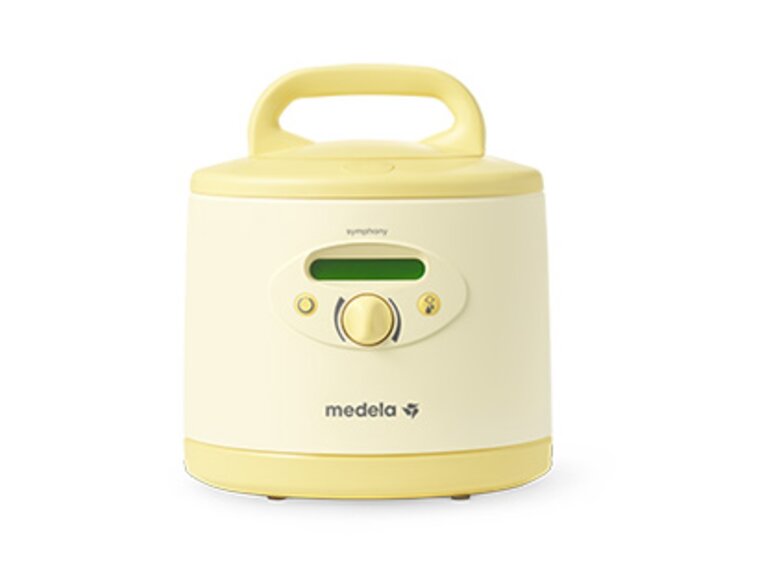
Symphony® breast pump
The Symphony breast pump by Medela is a double electric hospital-grade breast pump available for rental.

